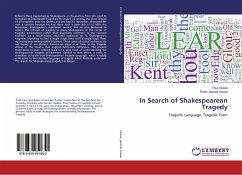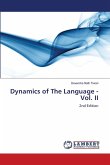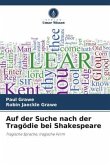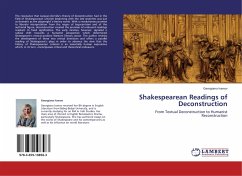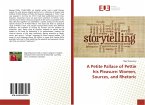A funny thing happened to Shakespeare on his journey from lyric poet to comedian to preeminent tragedian. He ended up writing the most famous of all tragedies since the Greeks and yet had his reputation destroyed for over a century because he had done such a poor job of it! With the Romantics, Shakespeare's reputation revived, but no one bothered to reform the criticism of tragedy to place Shakespeare at the center of tragedic achievement rather than essentially antithetic to the received tradition. As a result today, educated audiences go to Shakespeare's tragedies expecting to find a single tragic hero with a single tragic flaw, agonizing over an impossible situation. Those same educated audiences do not expect to see thirteen dancers on stage at all times as the tragedic chorus of the theatre that inspired Aristotle's definitions. The present study seeks to start criticism back on a sane track of understanding the Shakespearean tragedic achievement. Central to that effort, it seeks to reawaken us to the true Shakespearean tragedic language, which is solidly contrastive to the elevated language of tragedy which Aristotle enshrined. The search for Shakespearean tragedy has begun.
Bitte wählen Sie Ihr Anliegen aus.
Rechnungen
Retourenschein anfordern
Bestellstatus
Storno

